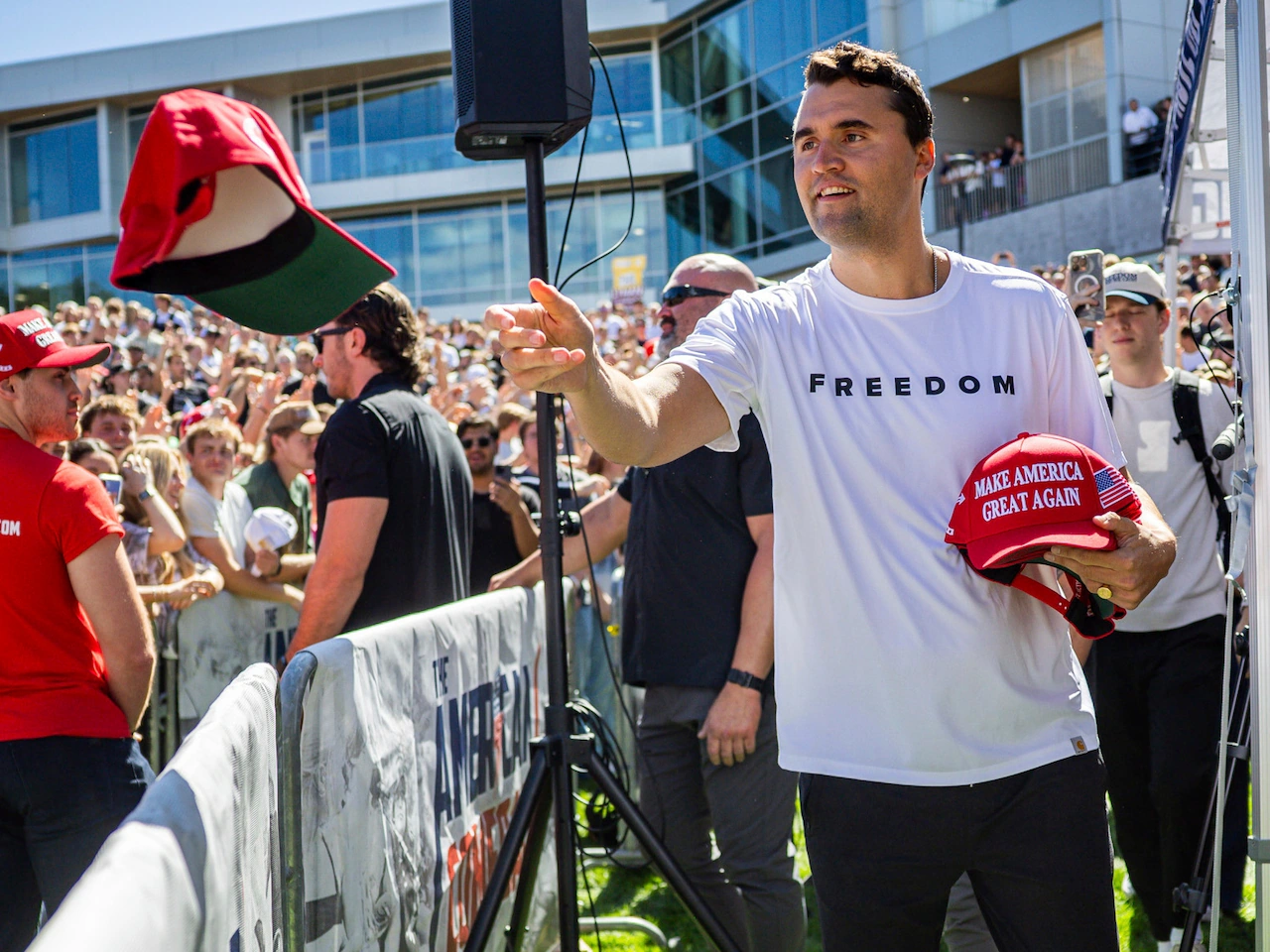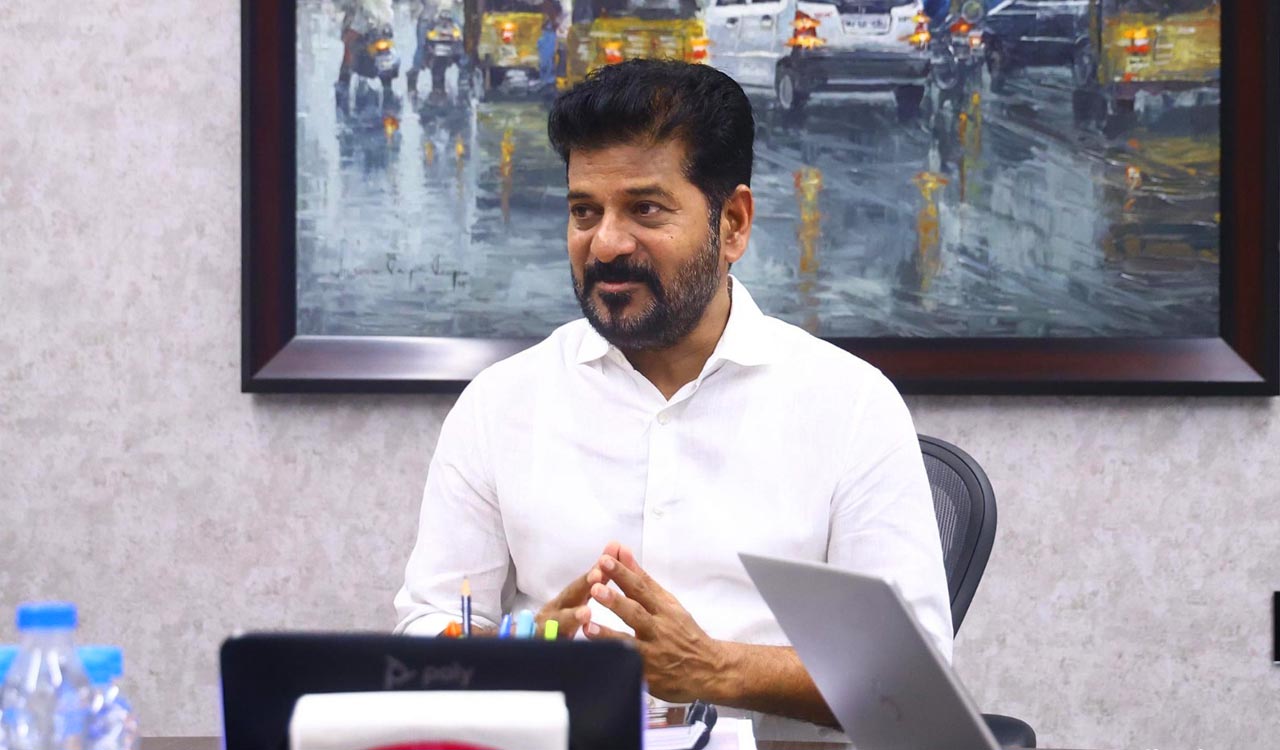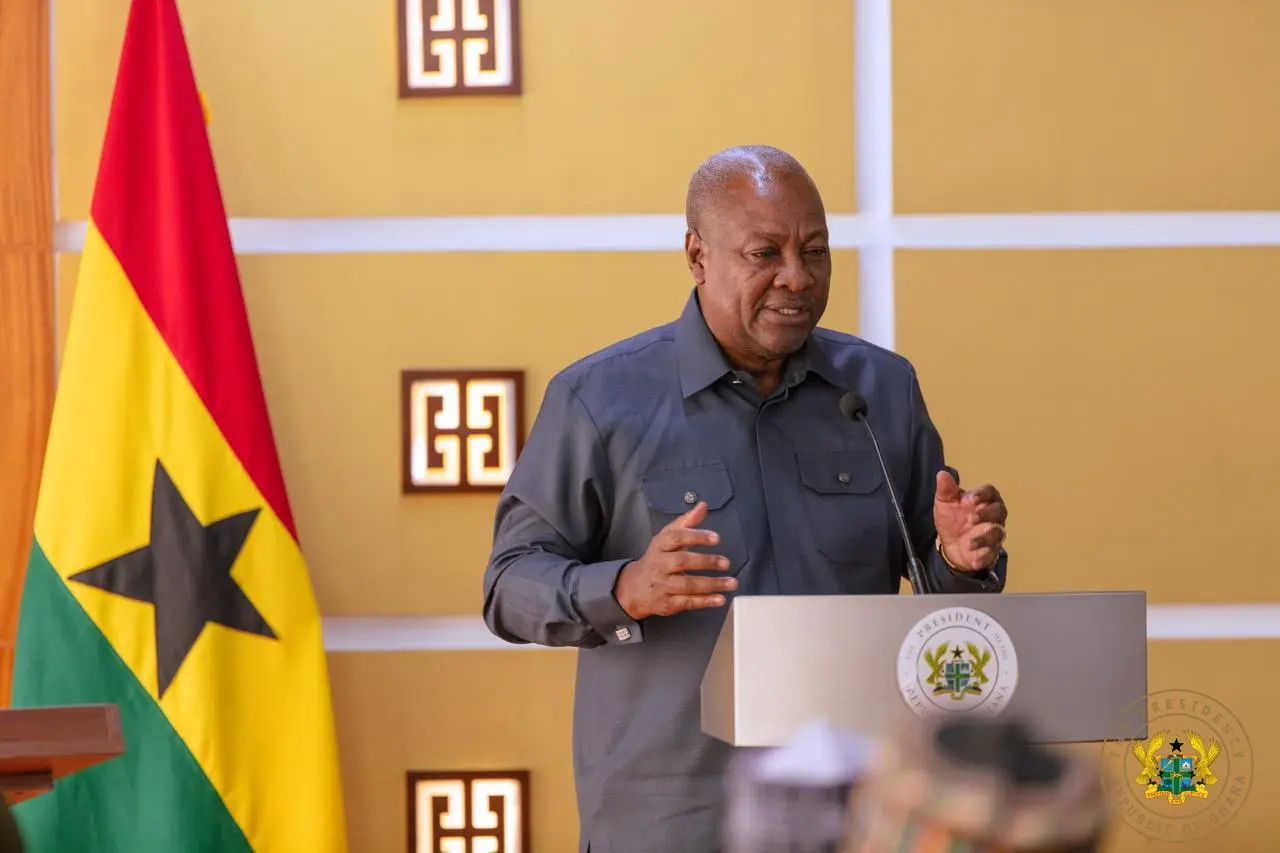
Presley Baker is a former National Defense Fellow at the Ronald Reagan Institute. She is pursuing her juris doctor at Syracuse University College of Law, has her Master of Arts in American government from Georgetown University, and her Bachelor of Arts in journalism from the University of Southern California.
By Presley Baker
“You should be allowed to say outrageous things. You should be allowed to say contrarian things. Free speech is a birthright…”
These words are not from a Founding Father or a Federalist Paper, but from Charlie Kirk, the star of the young conservative movement who was publicly murdered last week during one of his notorious open-mic, college campus debates.
I was never Kirk’s No. 1 super-fan, but I, like most other members of Gen Z, couldn’t scroll TikTok or Instagram during the 2024 election cycle without seeing Kirk eviscerate opposing ideas from whomever dared to debate him. Liberal college students, professors and Gavin Newsom alike, no one’s ideas were safe from Kirk’s oratory excellence.
As a pro-choice, young Republican, I didn’t always agree with Kirk’s political opinions, especially when they fell on the evangelical side of the party platform. However, I’d find myself watching videos of Kirk’s on-campus debates and doubting some of my own, seemingly rock-solid beliefs simply because he was able to present factual information with rhetorical brilliance.
The Scalia-Ginsburg and the McCain-Biden relationships are the romanticized ideal of American discourse for a reason. Fierce, but civil debate built the American experiment. This nation’s foundation was forged by intense disagreement at the Constitutional Convention, and that echoes through politics today. Disagreement is how we pass statutes in the legislature, how we elect our presidents and how debate precedent in the courts. It’s how we conceptualized the House and the Senate, how women gained suffrage and how we accomplished the Civil Rights movement. Open disagreement is responsible for political progress.
The Supreme Court cited in the 1969 case Red Lion Broadcasting Co. Inc. v. FCC, and in several other instances, the concept of maintaining a “marketplace of ideas” so as not to stifle uninhibited discourse on public issues. According to those who authored the nation’s founding documents and principles, protecting free expression repels tyranny. The Supreme Court has upheld that this fear is enough to solidify even unfavorable speech’s value in the marketplace.
Charlie Kirk was the epic embodiment of the marketplace of ideas. It’s why he was in the very situation that got him killed. He believed in America not with unbridled optimism, but with a reverence for the Constitution and a healthy apprehension for big government that was reminiscent of Ronald Reagan.
As a person with two degrees, pursuing a third, college has never been and will never be a “scam” to me. When real college students came to Kirk with stories of being penalized for turning in assignments with conservative leanings, he advocated for their God-given and constitutionally protectedright to expression in any setting, including the American college classroom. College was a “scam” to Kirk not because he found education invaluable, but because he truly believed that any kind of forced indoctrination or waste of priceless time was reprehensible. He combated censorship on college campuses with his “prove me wrong,” providing a haven for open discourse. Kirk’s campus appearances were a boots-on-the-ground masterclass in the power of using open debate to further ideas.
I am sick to my stomach about his death. Not just because he was only 31, had a young family, and was a prominent voice in the conservative movement, but because Kirk was a champion for free thinking in a time when politicians in all political parties villainize people with opposing ideas. He debated abortion, gender identity, economics, religion and foreign affairs suavely, respectfully and with exceptional factual and statistical recall. Far greater than Kirk’s charisma on the debate stage was his willingness to listen and respond to people of all political, economic and social backgrounds. He understood the value of the First Amendment better than anyone.
Kirk never threw a punch that wasn’t verbal. He spoke. Some disagreed. Someone gunned him down for it. Everyone on both sides of the American political aisle should be outraged at this tragedy.
The significance of Kirk being shot in the throat is not lost on me. Someone who disagreed with him politically didn’t have the guts to walk up to the microphone standing 10 feet from him and debate his ideas in the open marketplace. They didn’t have the bravery to take on the eloquence and wit that Kirk consistently exuded. So instead, they shot the biggest advocate for the right to the freedom of speech and the inviolability of open political discourse. In front of a crowd of college kids. In the throat. While he wore a T-shirt that said, “FREEDOM.”
At this dark moment, our American Constitution suffers. Saying that the loss of Charlie Kirk is a great loss for American free expression is an understatement. Those who are in any way condoning this gruesome act of political violence are enemies of free speech, enemies of the First Amendment, and enemies of the Constitution.
I urge all Americans to see Kirk’s tragic death as a call to speak. Kirk knew that “when people stop talking, that’s when violence happens.” His legacy inspires me to be an advocate for the marketplace of ideas, just as he was.
As a nation, if we don’t universally condemn this great attack on the champion for free expression – as members of the political sphere, as journalists, as human beings, as Americans – then the sanctity of the First Amendment died with Charlie Kirk.



